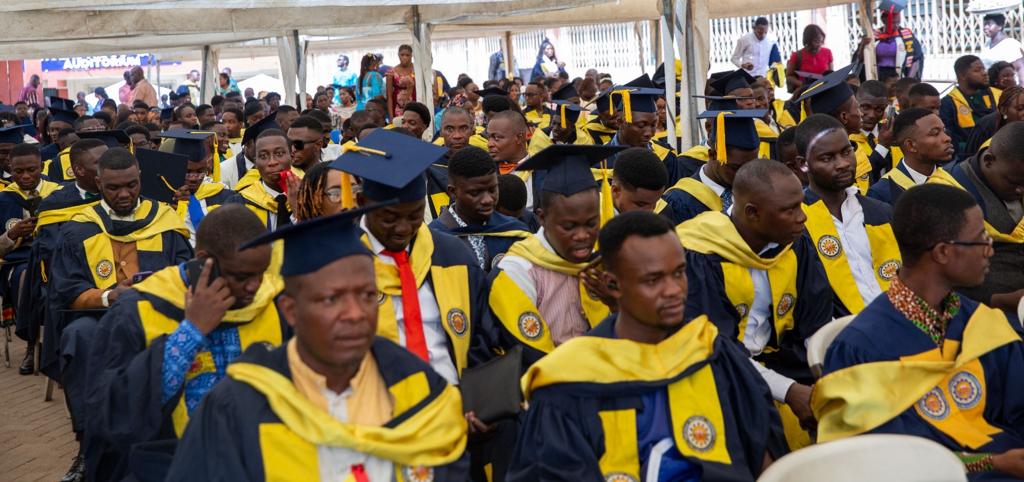
By Ernest Bako WUBONTO
International Women’s Day (IWD), celebrated annually on March 8th, serves as a reminder of the ongoing struggle for gender equality and the empowerment of women and girls worldwide. With its roots dating back over a century, IWD continues to advocate for the rights and well-being of women, with each year’s theme shedding light on critical issues facing women globally. The 2024 theme, “Invest in women: Accelerate Progress,” underscores the significance of gender equality, women’s empowerment, and their fundamental right to lead healthier lives.
One crucial aspect of empowering women is ensuring access to quality education, particularly for the girl child. Education serves as a powerful tool in breaking the cycle of poverty and fostering economic empowerment. Studies have shown that investing in women’s education not only significantly increases their lifetime earnings but also contributes to national economic growth by boosting Gross Domestic Product (GDP) and reducing child marriages and mortality rates.
While progress has been made in improving girls’ access to education in Ghana and across the continent, there remain significant challenges in transforming gender dynamics within the formal education system. Ghana, as a member of the United Nations, has implemented measures to meet the Sustainable Development Goals (SDGs), particularly SDG four, which aims to ensure inclusive and equitable quality education for all, with a focus on achieving gender parity.
Initiatives such as the Free Compulsory Universal Basic Education (FCUBE) and strategic documents like “A National Vision for Girls’ Education in Ghana” have played pivotal roles in enhancing girls’ access to education. Despite significant improvements in enrollment rates, gender disparities persist, especially in higher levels of education and STEM subjects. Addressing these disparities requires tackling multifaceted and interrelated barriers to girls’ education.
Barriers to access include traditional beliefs and practices, financial constraints, and the challenges of long distances to school. Retention barriers encompass issues like the scarcity of female teachers and role models, inflexible school schedules, child labor demands, teenage pregnancy, early marriage, and inadequate sanitary facilities. Overcoming these barriers necessitates not only governmental intervention but also collaboration with other stakeholders.
Changing mindsets is crucial in addressing these challenges. Ghana has made strides in increasing girls’ enrollment through nationwide media campaigns advocating for girls’ education. Moreover, focusing on girls with special needs is essential to ensure inclusivity within the education system. Organizations like the Africa Education Watch have highlighted the need for inclusive infrastructure and facilities in schools to support girls’ education effectively.
Civil society organizations (CSOs) play a vital role in promoting gender-inclusive education initiatives in Ghana. The Ghana National Education Coalition Campaign (GNECC) and other CSO programs provide holistic support to girls’ education, advocating for gender equality and national accountability in education. However, sustaining progress requires innovative strategies and collaboration among various divisions of the education sector and other stakeholders.
Partnerships with government agencies, CSOs, private sectors, media, religious bodies, traditional leaders, and development partners are essential for mobilizing resources and sustaining efforts towards girls’ education. Motivating and sustaining these partnerships are key to overcoming resource constraints and providing adequate support for girls’ education.
In conclusion, achieving true gender equality requires embracing the diversity of women and ensuring their inclusion in all fields of endeavor. Ghana, as a country, must continue to prioritize efforts to provide women and girls with access to quality education, training, sports participation, leadership opportunities, and involvement in STEM fields. By investing in women and girls, the country can accelerate progress towards achieving gender equality and fostering sustainable development for all.
The post #IWD 2024: girl child education needs improvement appeared first on The Business & Financial Times.
Read Full Story
















Facebook
Twitter
Pinterest
Instagram
Google+
YouTube
LinkedIn
RSS